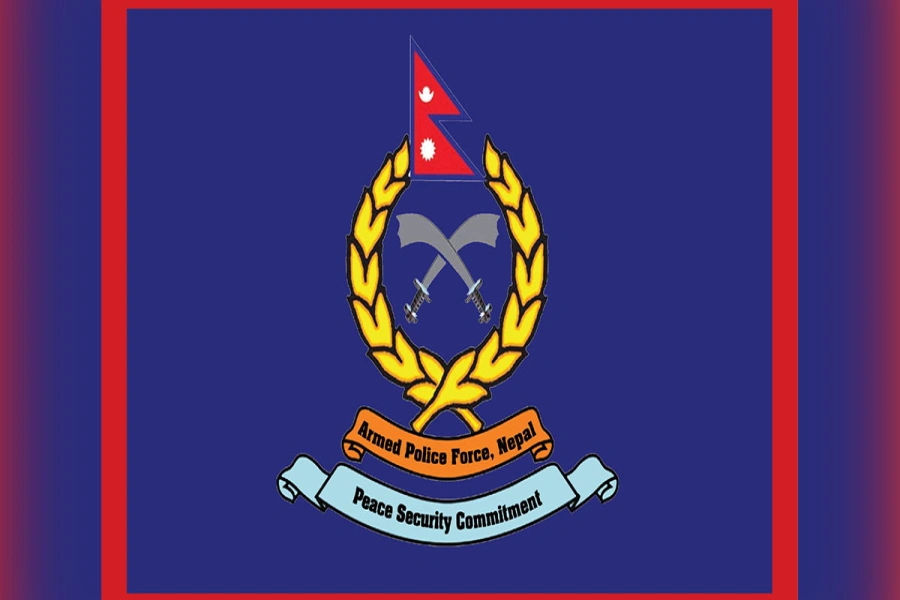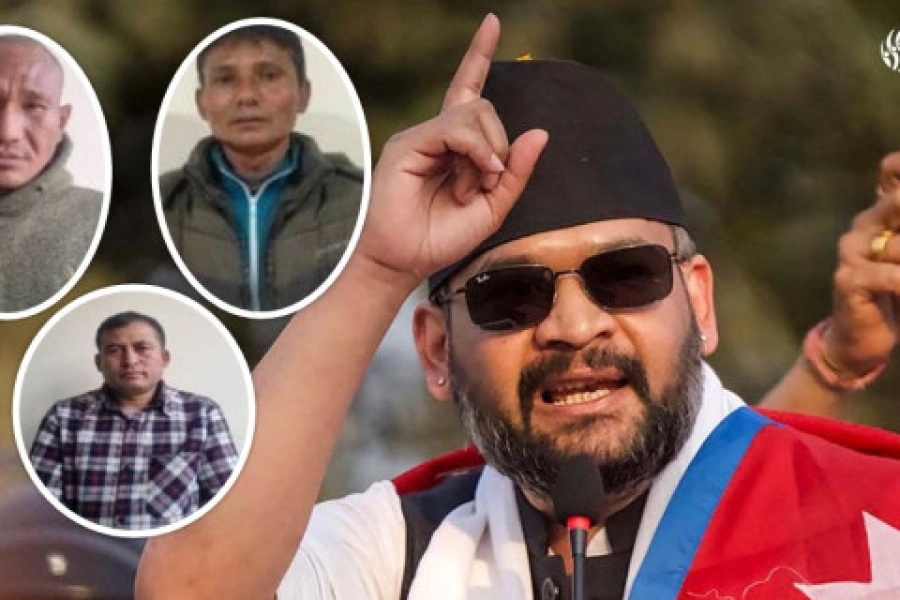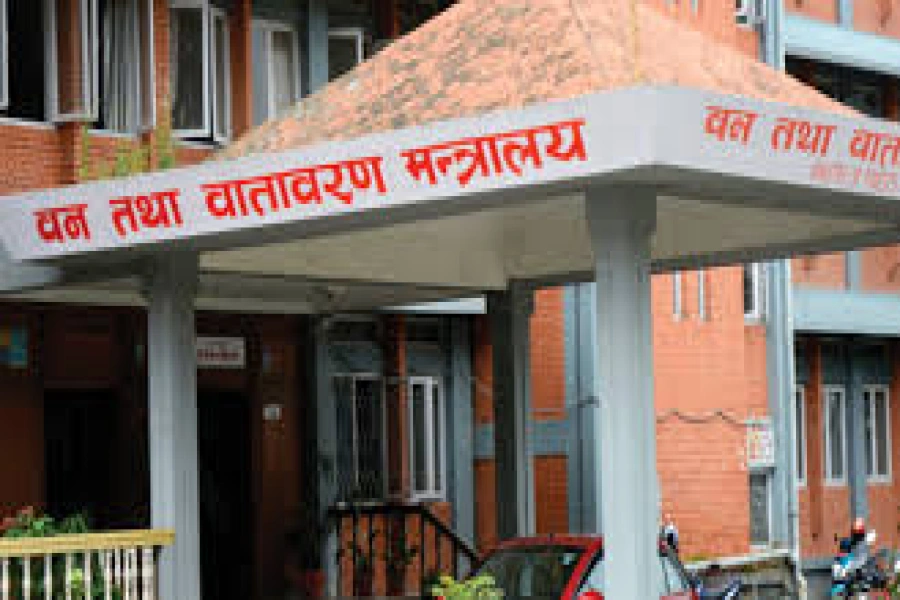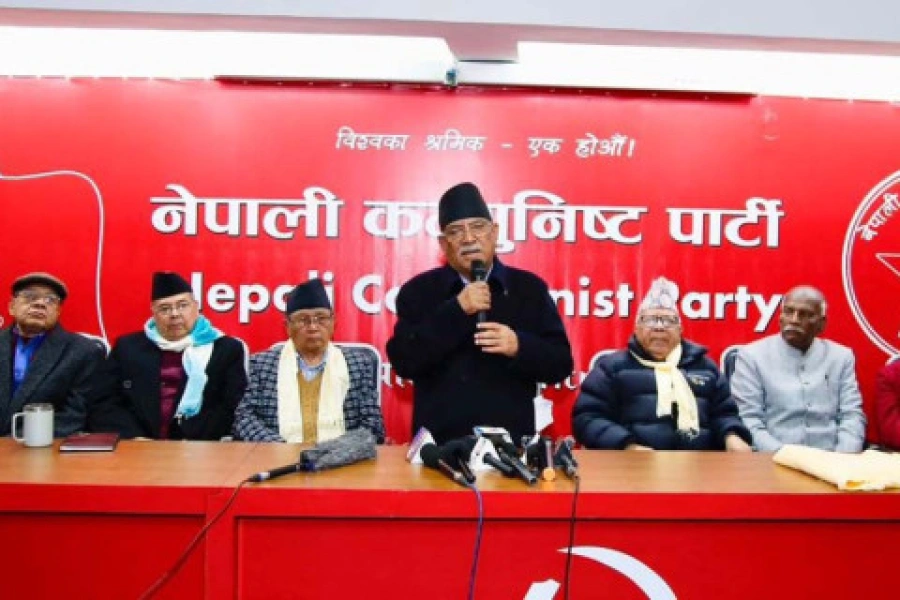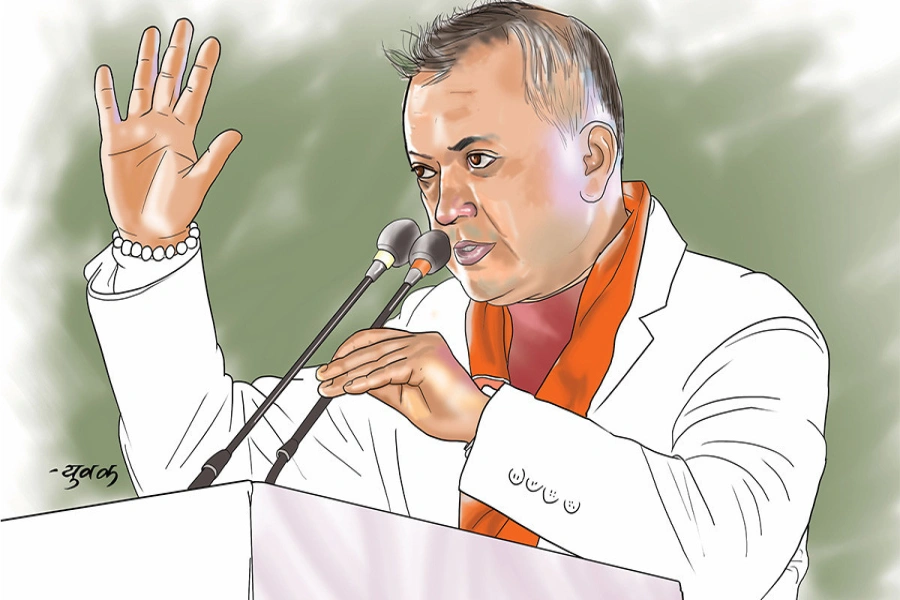In a landmark decision on Thursday, the Supreme Court overturned the government's controversial move to release Yograj Dhakal, commonly known as Regal Dhakal, from prison. President Ram Chandra Paudel, on the government's recommendation, had granted amnesty to Regal, who was serving a life sentence for murder, on the occasion of Constitution Day. This intervention from the apex court is a welcome step to uphold the rule of law and prevent the misuse of presidential amnesty in the future. The apex court's decision, which led to Regal's re-arrest within hours, is based on five compelling reasons that underscore the significance of this judicial action. These principles are likely to effectively curb similar practices of granting amnesty, especially to political leaders and cadres.
One of the main grounds that the Supreme Court provided to overturn the presidential pardon is that Regal had a criminal intent to murder Chetan Manandhar. Regal, originally convicted for the brutal murder of Manandhar in Nepalgunj, was serving a life imprisonment sentence of 20 years. Both the Banke District Court and the Nepalgunj Bench of Tulsipur High Court found Regal responsible for meticulously planning and executing the murder. The apex court has emphasized that there was no doubt regarding the criminal intent behind the heinous act, which involved severing the victim's hand from the elbow joint. The Supreme Court made it clear that leniency towards Regal was unwarranted, even according to the principles of justice. The second ground offered for overturning the decision is the elimination of discriminatory incarceration. It has been widely speculated that Regal's release was influenced by his political affiliations within the Nepali Congress. The apex court viewed the preferential treatment of Regal as discriminatory and questioned why others convicted in the same murder case, such as Mohan Lal Khadka, Prema Dhwaj KC, and Navraj Khatri, were not granted similar privileges. Regal, as the mastermind of the crime, was released, while his accomplices were not. The Supreme Court deemed this lack of transparency and equal treatment as problematic.
RPP’s Shahi asks PM Oli to welcome former king

Thirdly, the apex court has unequivocally stated that imprisonment cannot be waived for individuals with pending cases. The government's assertion that Regal's case had been finalized was challenged by the court. Regal had even withdrawn his appeal petition submitted to the apex court, claiming that his case was resolved. However, the court refused to accept this claim. It pointed out that the appeal of seven individuals, another person's petition, and two cases scheduled for Sadhak examination were pending in the Supreme Court, all related to the murder of Chetan Manandhar. Therefore, as long as these appeals remained unresolved, it was deemed inappropriate to consider pardoning, suspending, reducing, or shortening the sentences of the defendants. Fourthly, the government's contention that Regal had displayed good behavior in prison has been scrutinized by the apex court. While the Prisons Act and Regulations allow for the exemption of prisoners based on good behavior, the Supreme Court has insisted that the objective basis and rationale for such decisions must be made transparent. In this case, a simple "yes" in response to a question about reducing Regal's imprisonment is considered insufficient. The court declared that the letter of the law could not be compromised, as doing so would foster the politicization of criminal behavior and undermine justice.
Most importantly, the apex court has also made it mandatory to receive consent from the victim party while granting such amnesty. The Supreme Court emphasized the importance of obtaining consent when granting amnesty to incarcerated individuals. By pointing to precedents set by previous decisions, the court made it clear that prisoners must undergo regular assessments, with records documenting their behavior. Amnesty should only be granted to those who have demonstrated good conduct during their imprisonment. The Supreme Court concluded that Regal's release lacked proper legal procedures, further strengthening the case for his re-incarceration. As a newspaper, we believe that the Supreme Court's landmark decision to send Regal back to jail serves as a crucial safeguard against the misuse of presidential amnesty. The court's rationale, based on the criminal intent of Regal, the need to eliminate discriminatory practices, the importance of finalizing pending cases, questioning claims of good behavior, and the necessity of obtaining consent from the victim party for amnesty, underscores the importance of upholding the rule of law and ensuring that justice prevails. This intervention demonstrates the court's commitment to preserving the spirit of the constitution and ensuring that the law is applied consistently and fairly to all citizens.





